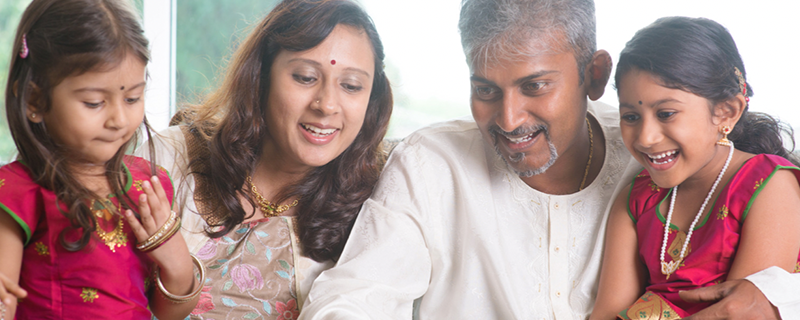How many of you remember the parents in the movie ‘Tare Zameen par’? The mother was well aware of her child’s struggles and therefore petted and shielded him while the father was more focussed on his grades & his disciple and therefore punished him always.
Similarly, have you ever wondered why there are only mothers in the WhatsApp group of every class? Or, wondered why school gates are often seen crowded with mothers and not fathers coming to pick up their child?
The simple reason being that, till date, nurturing and caring have been seen as the responsibility or duty of mothers.
Ideally speaking, Parenting means bringing up a child. This involves taking care of the child’s nourishment, health, growth, development, learning, education, bonding, social interaction and more. In India this role has naturally gone to the mother who not only nurtures and nourishes her child but also ensures good education, healthy social interactions. However, things are changing and men or fathers are also pitching in and taking care of the children. Is this a good trend or does this disturb the age-old way of parenting? Let’s find out.
Drawbacks when only one parent is involved in the parenting:
- The child is always going to be fearful or indifferent of the parent who is uninvolved
- The child has an emotional disconnect with the uninvolved parent and often looks for excuses to stay away from the uninvolved parent
- The child often gets manipulative with the involved parent or the nurturer and uses guilt to get his or her way
- The child often uses one parent against the other to get things done
- Children coming from homes where there is a bias in gender roles, often carry this bias with them for the rest of their lives as well onto the next generation as well
- This disconnect with children’s upbringing often results in the parents having personal issues between themselves leading to marital discord.
Benefits of involved co-parenting:
- Children coming from homes where father’s play an active role in the nurturing have higher emotional quotient than those where the father is not too active.
- When father’s play an active role in the day-to-day activities of the child, the child is more confident and self-aware.
- Children who have active play sessions with their fathers are often more competitive, energetic and more willing to take risks as compared to those children who play on their own
- Children who have fathers playing an active role in their upbringing, often, consider their fathers as their role model
- In homes where the mother and father are both working and also sharing housework; children grow up respecting the contributions of both parents and respects both equally.
- Children overcome gender biases when both parents share roles and responsibilities of parenting and managing homes
- Boys who grow in households where the father is as active as the mother in the daily activities of the child, tend to be more gender aware and more respectful of the opposite sex.
Conclusion
Many households in India still have parents where the father goes to work and the mother manages the household. Even in such homes, when the father takes interest in the child and his activities throughout the day; the child feels safe and secure. In households, while the father is the breadwinner and the mother the homemaker; it is important for children to see the contributions of both parents in his or her development and understand that value.
When fathers take active interest in their child and the child’s social interactions; children tend to be more open, more willing to share and more connected with the family too.
Parenting is not the duty and responsibility of just one parent; it’s a joint effort by both the parents, the siblings (if any), grandparents and the entire society one way or the other. The saying is indeed true; “it takes a village to bring up a child.”
So, why not start with both parents being actively involved!!
#parenting #awareraho #awareness #coparenting #involvement #jointeffort #nurturing #nourishing #caring #childhood #children




